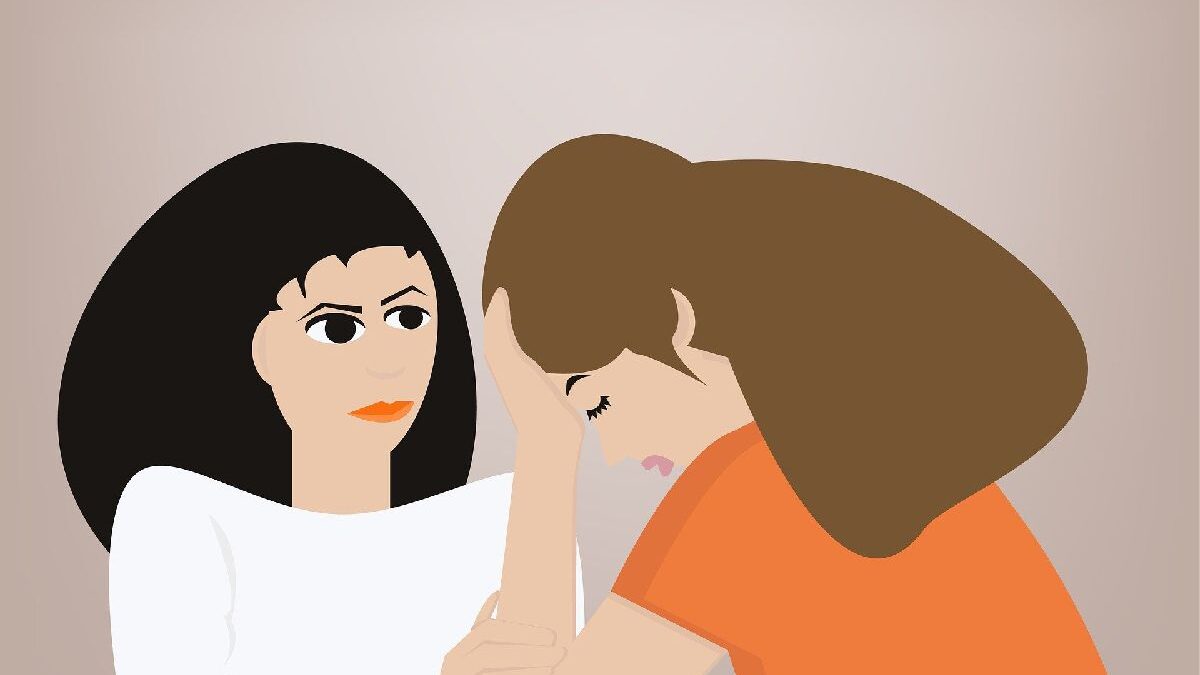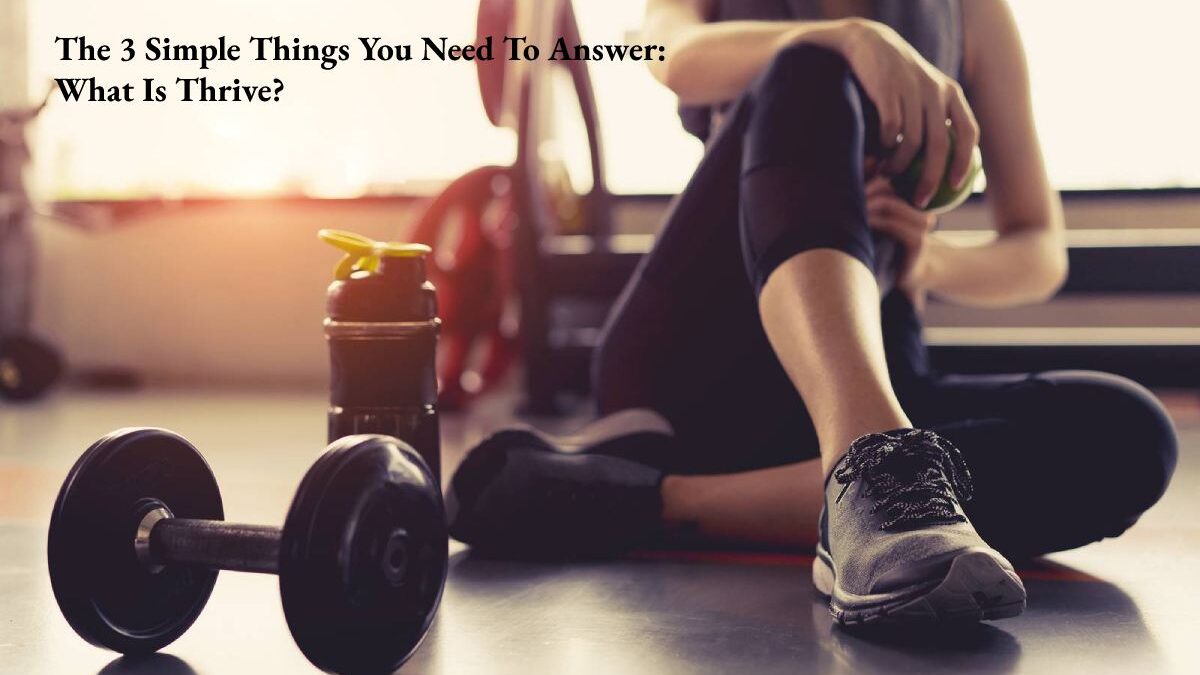
You’ve been on your weight-loss diet for a few weeks now. You have cut out carbohydrates and increased your fibre intake. Your portion sizes are also smaller. When it comes time to weigh yourself, the needle won’t move. It’s a common sight for many people. We’re thinking we’re doing well – three whole weeks without eating any bread, crisps or ice cream. This should count for something right? We look at much more in online coaching sessions for weight loss than just this.
Weight loss is an objective that crosses cultures. In a world where obesity rates are steadily rising, 45 percent of the population worldwide is trying to lose weight. Weight loss diets are therefore the ideal solution. When they fail, the hopes of achieving what once seemed possible are dashed. There are still reasons why your weight loss diets don’t work. Understanding these factors can help you structure your weight-loss initiative better.
1. You’re not consuming enough protein in your diet
You’ll see a lot of plates of greens in images of weight loss diets. But you won’t find many with a good portion of protein. Protein is important for weight loss.
Your body’s metabolic rate slows when you begin to lose weight. This halts your progress. It is due to its effect on ghrelin which is an appetite-regulating hormonal. Proteins make up about a quarter the calories that you consume each day. This increases your metabolism, and helps you to eat less. It also helps to slow down metabolism and reduce snacking.
2. You’re not getting enough rest for your body
You’re wrong if you thought staying active and busy would help you to lose weight. According to one study, adults who have poor sleep patterns are 55 percent more likely to develop obesity. Not only will you feel tired but fatigue can also affect your hormones.
A study found that adults who sleep less than 7 hours a night are more likely to become obese. Sleep deprivation can also negatively affect your ability to make decisions and control yourself. You may eat foods which can slow down your progress. Don’t forget to consider that you can eat more calories when you are not sleeping.
3. You eat the same thing every day
Many of the foods we eat today contain highly processed carbohydrates. It can be difficult to plan a meal when you’re not willing to be creative. Once we see some results from our new diet, we tend to eat the same thing each day out of convenience.
The food is new to your system, which is one of the main reasons why a sudden switch towards low-carbohydrate meals can trigger weight loss. Once your body has adapted to the new diet, weight loss will stop.
4. You’re stressed out
Your body may not understand that a smaller waistline and a trimmer physique are your ultimate goals. It may even try to resist weight loss, especially if you’re used to a high-calorie diet. Imagine that your body was getting hundreds of extra calories per day, and then you suddenly cut this number in half. Your body will naturally think something is wrong. It will then try to conserve energy by slowing the metabolism.
Dieting is also stressful because it increases cortisol levels, a stress-hormone. It’s primarily responsible for telling the body to store fat in the abdominal area.
5. You Lead a Sedentary Lifestyle
It shouldn’t surprise you that your diet for weight loss isn’t working as you expected. Sitting for long periods of time without moving can stop your body from producing the enzyme lipase that inhibits fat. You don’t have to replace your old desk with a standing one. Stretch every hour instead to keep your metabolism going.
This doesn’t mean that you should give up weight loss diets. It only means that your diet practice could be improved. A weight loss coach can help you achieve your goals. You can follow their expert advice to create a diverse meal plan and get enough movement during the day.














